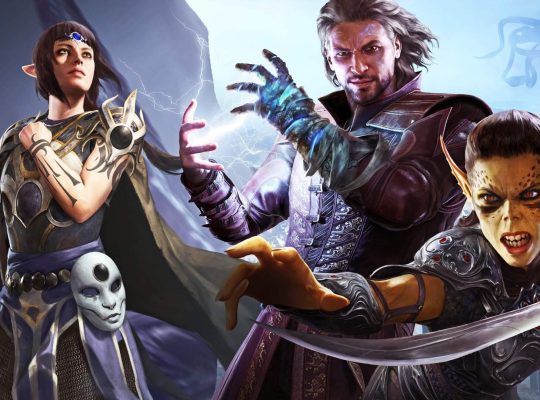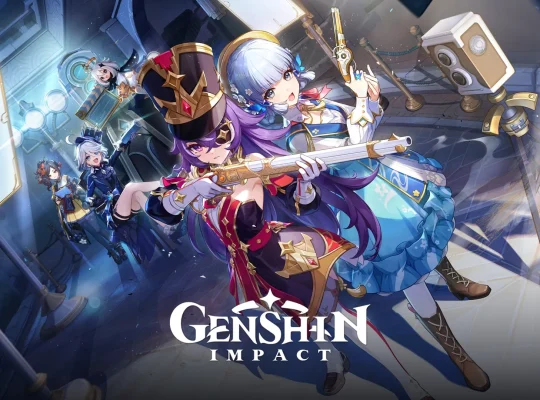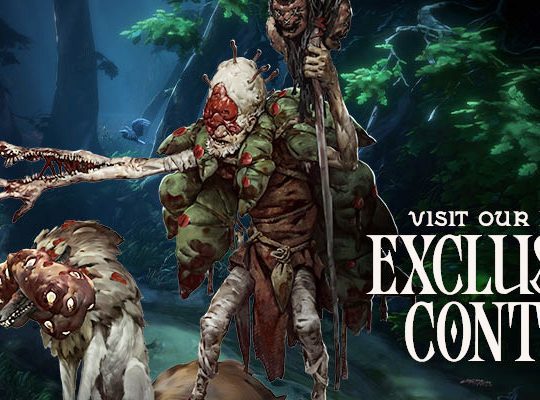Revisiting the Classics: Why Fallout 1 and 2 Still Shine Amidst New Fan Controversies
Since its inception in 1997, the Fallout series has undergone a dramatic evolution, captivating gamers with its post-apocalyptic universe, dark humor, and moral complexities. From the isometric RPG brilliance of Fallout 1 and 2 to the expansive 3D worlds of Fallout 3, 4, and the online multiplayer twist of bethesda mods fallout 4 Fallout 76, each installment has brought something new to the wasteland.
However, a growing controversy among fans suggests that newcomers to the series—those whose first foray into the Fallout universe begins with the later titles—may be overlooking what made Fallout a legendary name in gaming. Fallout 1 and 2 offered a depth of storytelling and strategic gameplay that some argue has been diluted in the pursuit of broader appeal.
A Tale of Two Fallouts
The original Fallout, developed by Interplay Entertainment, introduced players to a retro-futuristic world ravaged by nuclear war. Its sequel, Fallout 2, expanded on this foundation, delivering more intricate narratives and a richer exploration experience. These games were defined by their isometric perspective, turn-based combat, and a dialogue-rich role-playing experience, setting a high benchmark for narrative depth in video games.
Contrast these classics with the newer additions to the series by Bethesda Game Studios, starting with Fallout 3. The shift to a first- or third-person perspective and real-time combat presented a radical change, attracting a different demographic of gamers. While this evolution has been instrumental in popularizing the series among a wider audience, it has also sparked debates about whether the series has strayed too far from its roots.
The Heart of the Controversy
At the heart of the controversy is a divide between fans who mourn the loss of the series’ original RPG mechanics and those who celebrate its accessibility and modern gameplay. Critics of the newer games lament the shift away from complex character development and moral ambiguity, elements that made Fallout 1 and 2 stand out.
This debate extends beyond Fallout, reflecting a broader trend in the gaming industry where the allure of advanced graphics and quick gameplay often overshadows narrative depth and strategic challenge. Yet, as discussions on social media and gaming forums suggest, a significant portion of the community yearns for the storytelling and gameplay complexities that were hallmarks of the early Fallout games.
Why Fallout 1 and 2 Still Matter
Fallout 1 and 2 not only laid the groundwork for an iconic series but also stand as monuments to the narrative and gameplay possibilities of video games as a medium. They represent a style of game design focused on immersion, choice, and consequence, offering a level of engagement that transcends flashy graphics and fast-paced action.
For new fans of the Fallout series, exploring these classics can provide a fresh appreciation for the franchise’s origins and its evolution over time. And for longtime fans, they serve as a nostalgic reminder of the series’ roots in rich storytelling and strategic gameplay.
Engage with Us
We want to hear from you! Did you start your Fallout journey with the classics, or did you discover the series through its more recent installments? Share your first Fallout experience in the comments and join the debate on the evolution of the Fallout series. Which gameplay mechanics or story elements do you prefer?
Additionally, we invite you to participate in our poll on your favorite Fallout game and see how your experience compares with others in our community.
Don’t forget to share this article with fellow Fallout fans on your social media and keep the discussion going. Your insights could lead to a broader understanding of what makes the Fallout series so enduringly captivating.
Encounter the wasteland like never before—revisit Fallout 1 and 2, and discover the series’ storytelling at its finest.

